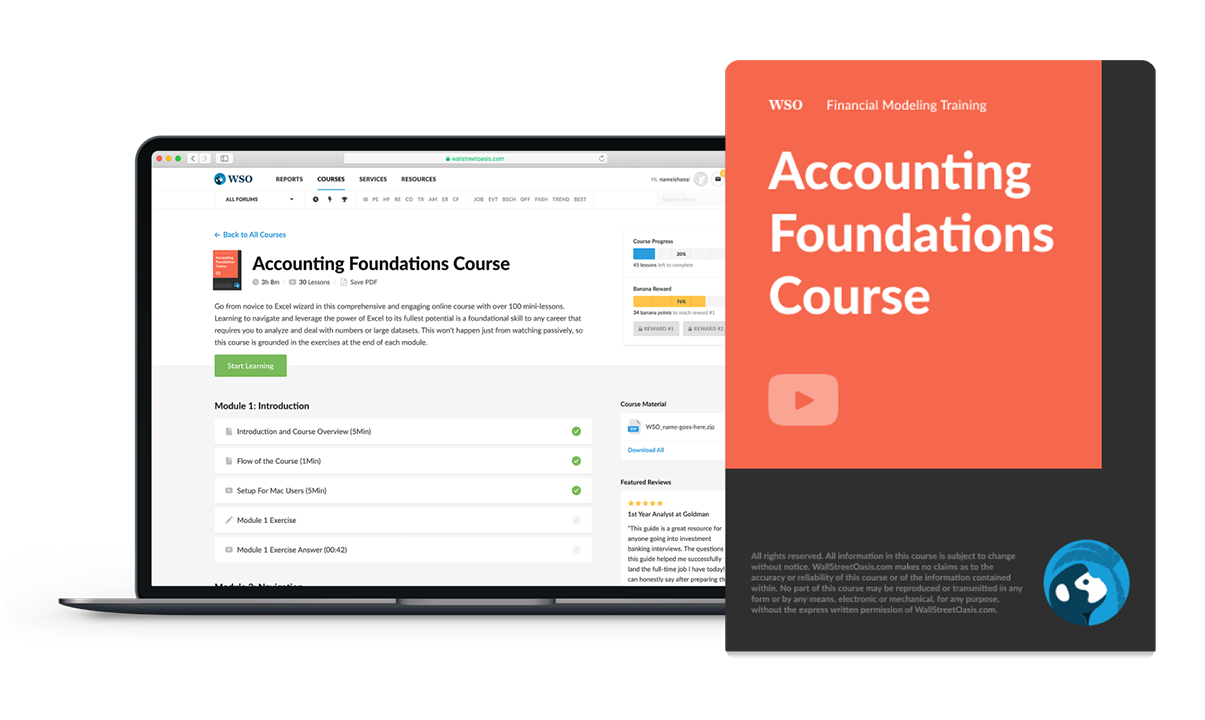
Type A Personality
A pattern of behavior and personality associated with high achievement, competitiveness, and impatience.
Personality is an inclusive and universal concept defined as the total sum of a person's qualities and traits. It is the link between a person's external environment and internal characteristics.

The ideal career path depends on education, knowledge, skills, and qualifications. But a critical factor is personality type. It determines how stress is handled, analyzes information for decision-making, and maintains interpersonal relationships.
Organizations seek various employees with unique personality traits to add value to the firm's activities. Personalities are categorized into Type A, B, C, and D. In this article; we'll explore the Type A personality and touch on the Type B personality.
A keynote is that it is now called the Type A Behavior Pattern, or TABP.
People with the TABP are active, complete all tasks efficiently, and are target-oriented. Completing, achieving, and obtaining tasks are of critical importance. They are stressed when their work is incomplete.
The other primary personality type is Type B. Supposedly, the type B personality is calm, composed, and not too focused on achievements. They are easygoing and have strong teamwork skills.

Both A & B personalities are crucial since they contain characteristics that help firms achieve vital objectives. However, they have different approaches to life and goals.
A person with Type A characteristics can be described as dominating, impatient, competitive, and highly ambitious. These individuals tend to be extremely competitive, needing to win and fulfill their desired goals to the best of their ability. In addition, they can be impatient because they tend to hurry and complete work in a very time-efficient manner.
TABP people also dominate social situations and appear assertive. They disregard feelings and objectively focus on achieving goals, following a task-oriented approach. They also connect their achievements to their self-worth.
They set deadlines that they strictly abide by and never settle, constantly achieving more and climbing up the corporate ladder confidently.
NOTE
A person with a Type A personality does not enjoy restrictions and likes to exercise authority and autonomy. They make their schedule. They are considered workaholics and put a lot of effort into achieving their goals.
TABP people always search for challenges with potential growth because they get bored quickly. They want to be seen as tough and as natural leaders.
Thus, they avoid falling into routines and dislike being held back.
Understanding Type As
A person with a TABP personality is not empathetic and does not focus on their colleagues' feelings and social needs due to their focus on goals. They tend to succeed and execute well under intense pressure and stressful situations.
They react differently to work and their personal lives, reflected in their behavior and personality traits. Those with ambitions lead group projects to meet deadlines, observe investments and results and aim to have the best business reputation.
They also tackle their job requirements diligently to meet high standards, encourage excellence in their colleagues, and push their team to grow and improve their credentials.

In familial and platonic relationships, people with this personality plan extensively and discourage unproductive activities. They encourage family members to be the best in academics and extracurricular activities.
TABPs change their reactions to working faster under time pressure to achieve success and are impacted by their degree of responsibility.
They are also comfortable working alongside those with identical personality traits. They demonstrated more satisfaction when working with others who took their work seriously and worked quickly, as they enjoy working in a challenging environment.
TABP are perfectionists; therefore, they are natural leaders. They experience a strong correlation between job satisfaction and role clarity. Thus, they dislike uncertainty regarding their job or assigned tasks.
Moreover, they make their goals more difficult to achieve and better themselves to demonstrate ambition. But they also tend to take risks.
Type As and Type Bs
On the opposite side of the spectrum, Type B personalities are relaxed and do not enjoy hostility or aggression. They prefer leisure without any guilt or worry. They also finish work efficiently and have good time management skills.
They have better outcomes in problem-solving because they have strong interpersonal skills and react well to incentives and rewards; therefore, their motivation increases quickly.
Although As are vulnerable to stress, Type Bs experience lower stress levels and benefit from better overall health. Type Bs do suffer more when they're experiencing unhealthy interpersonal relationships.
Both personalities are prone to experiencing stress and worry. However, they have different responses and ways of handling it. As exhibits aggression, perfectionism, and competitiveness, whereas Type Bs focus on interpersonal relationships and social support.
Type A personalities have strengths such as being serious, driven, independent, and results-oriented. All these positives contribute to greater organizational results and better productivity.

TABPs are independent since they can work quickly without supervision- this is where leadership arises since accountability and self-discipline are prevalent.
These personalities are also highly motivated to achieve their desired outcomes and results in debates and projects. Therefore, they work hard until they reach their goal and work with enthusiasm and sharp focus.
Practical traits are also evident because those with Type A personalities quickly address situations with a sense of urgency and decisiveness. As a result, they employ problem-solving and critical-thinking skills when facing challenges.
TABPs often appear serious because they focus on the set goal and get work done efficiently and professionally.
It is essential, however, to reduce stress and make life manageable by having a work-life balance.

Everything You Need To Build Your Accounting Skills
To Help You Thrive in the Most Flexible Job in the World.
The Drawbacks of Having a Type A Personality
The first disadvantage is that such domineering personality traits can hurt one's health. TABPs give rise to stress-related problems since they take on jobs highly demanding in competitive industries.
Due to constant stress and impatience, they can develop high blood pressure, which leads to the development of coronary heart disease and other cardiac problems.

Being work-oriented and goal-focused also adversely affects relationships since people with Type A Personalities spend a significant amount of time working. As a result, they sometimes alienate others and can be considered aggressive and rude.
The personality theory was developed from observations of patients seeking treatment for stress and anxiety and those suffering from migraines. It was found that these stress disorders emerged most often in those with Type A characteristics.
People with this personality disorder are often tense and impatient, which can cause various stress-related issues.
Besides heart disease, they can suffer conditions such as indigestion, insomnia, and ulcers.
In the 1950s, two cardiologists recognized some patients who sat on sofa edges and held armrests with the urge to leave, which caused the doctors to identify the link between cardiac issues and personality types.

This indicated that people with greater stress levels have an increased risk for cardiac problems. So then, how and why does A-type personality behavior develop?
As behavior is observed in kids that are three years old and up, suggesting that genetics are a factor that contributes to personality type. Thus, hereditary factors influence children's behavior and psychological makeup.
NOTE
The environment also affects which personality type children develop. Children also adopt such behaviors by modeling their parents and adopting TABP.
Stress-related problems and disorders are common in medicine. The hustle and drive to achieve worldly gains involve a lot of pressure, leading to increased worry, stress, and anxiety.
Therefore, A-type personalities must be careful to manage their stress levels to avoid developing health issues.

Some good coping strategies for managing stress are:
- Yoga - Yoga is an additional exercise that involves slow movements and stretching. It decreases anxiety and improves mental performance.
- Meditation - Meditation decreases stress, anxiety, and pain. It also improves mood and energy levels by boosting the release of positive hormones. This is effective for controlling and managing blood pressure while lowering the chances of coronary heart disease.
- Exercise - Exercise can lower feelings of stress and causes the release of positive and mood-enhancing hormones that reduce blood pressure and anxiety.
- Having a healthy diet - Having a healthy diet is essential for decreasing the impact of stress. Nutrients like vitamin C, magnesium, and omega 3 are beneficial for health and can help you feel your best.
Occupations for Type A Personalities
These types of personalities can benefit from roles that involve leadership, attention to detail, and coordination.
1. Advertising Manager
Advertising managers coordinate the marketing department. They work in a high-stress environment and have loud personalities to deliver content on time and ensure that budgets are met.

They are dynamic, authoritative, and assertive by nature. They develop, monitor the performance of, and assess the success of advertising campaigns.
Advertising managers must have a bachelor's or master's degree in marketing as their primary qualification.
2. Event Coordinator
An event coordinator designs corporate events by securing suppliers and venues. In addition, they mitigate problems by ensuring all schedules and bookings are in order.
They follow stringent requirements and are diplomatic when tackling issues. To be an event coordinator, a bachelor's degree is needed to coordinate any business area, such as marketing or sales.
3. Operations Manager
An operations manager observes all HR functions by dynamically organizing workflow, ensuring all teamwork is completed cohesively, and resources are in place for completing tasks.
They also implement training programs and schemes while ensuring policies comply with legal requirements. They maintain coordination with the HR department and use the best practices possible.
Their personality traits are punctuality, haste, and organization. Since their job requires a lot of responsibility over the whole firm, operations managers face exceptionally high stress.

The common traits in all these roles are competitiveness, a sense of urgency, drive, and a strong work ethic. Managerial and coordinator positions are ideal for those with TABP because they already possess these traits.
To succeed in any role, employees must have a positive attitude and be able to collaborate. While TABP traits are essential, they're not the only characteristics one needs to succeed.
Summary
Type A personalities are aggressive, hostile, and competitive, with a strong desire for excellence and perfectionist tendencies.
For a business to succeed, it is essential to have a balance of personalities in the workplace.
Although they are independent, driven, competitive, and work-oriented, they are more prone to stress, anxiety, and worry. As a result, they can develop health problems such as coronary heart disease over time. Therefore, they should try and manage their stress levels.

Type Bs are less affected by stress, but managers must still assess interpersonal relationships in combination with stress levels. They should be observed as stress can cause poor performance and a lack of productivity.
Both personalities must be present since both contain key traits beneficial for organizational success. Managers must seek coping mechanisms and an appropriate leadership style based on personality types.

Sign Up for our Free Excel Modeling Crash Course
Begin your journey into Excel modeling with our free Excel Modeling Crash Course.
.jpg?itok=DxumzaOP)

or Want to Sign up with your social account?